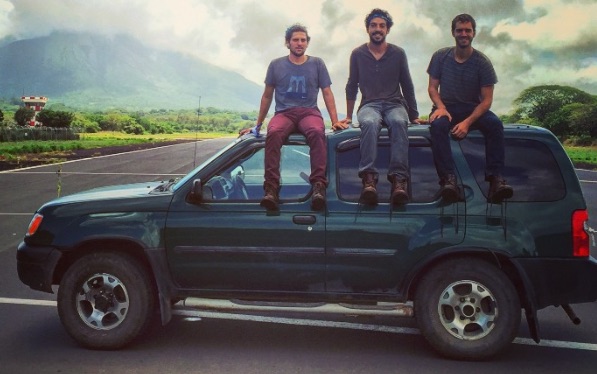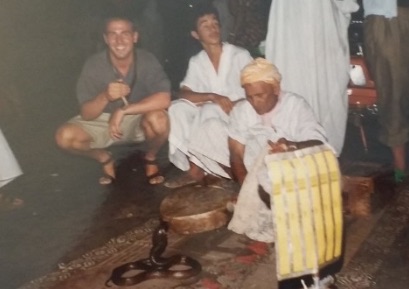YOUNG, CAREER-ORIENTED AMERICANS DON’T TRAVEL. Sure, we enjoy hard-earned one to two week vacations, short respites from our work, but do we really see the world? As exciting as a vacation to some wonder of the world like Machu Picchu or as relaxing as a stint in the Caribbean can be, we’re here to advocate another kind of travel.
Our European counterparts have a different perspective. In some of the most advanced, industrialized nations in the world, from Germany to Israel to Sweden to Australia, traveling in one’s early 20s is a rite of passage. It is viewed as an essential component of personal growth that readies him or her for whatever career lies ahead. Toss aside your material possessions for six months or a year and go explore that big old world with just a backpack and an open mind, they say.





